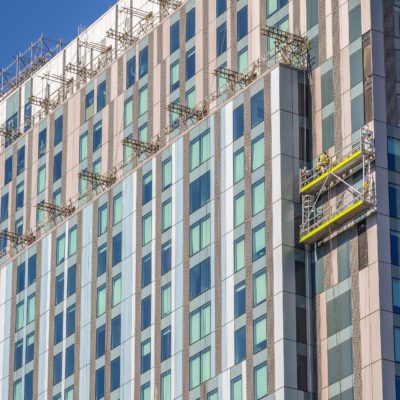- Home
- People
- Expertise
- Practice Areas
- Banking & Finance
- Commercial & Technology
- Construction
- Corporate
- Corporate Healthcare
- Creative Industries
- Data Privacy & Cyber Security
- Employment & HR
- Health & Safety
- Immigration
- Intellectual Property
- Litigation & Dispute Resolution
- Planning & Environmental
- Real Estate
- Real Estate Finance
- Regulatory
- Restructuring & Insolvency
- Sectors
- Products & Services
- Acuity Alliance Partners
- Acuity Portal
- ESG
- Practice Areas
- News & Insights
- Careers
- About Us
- Contact Us

